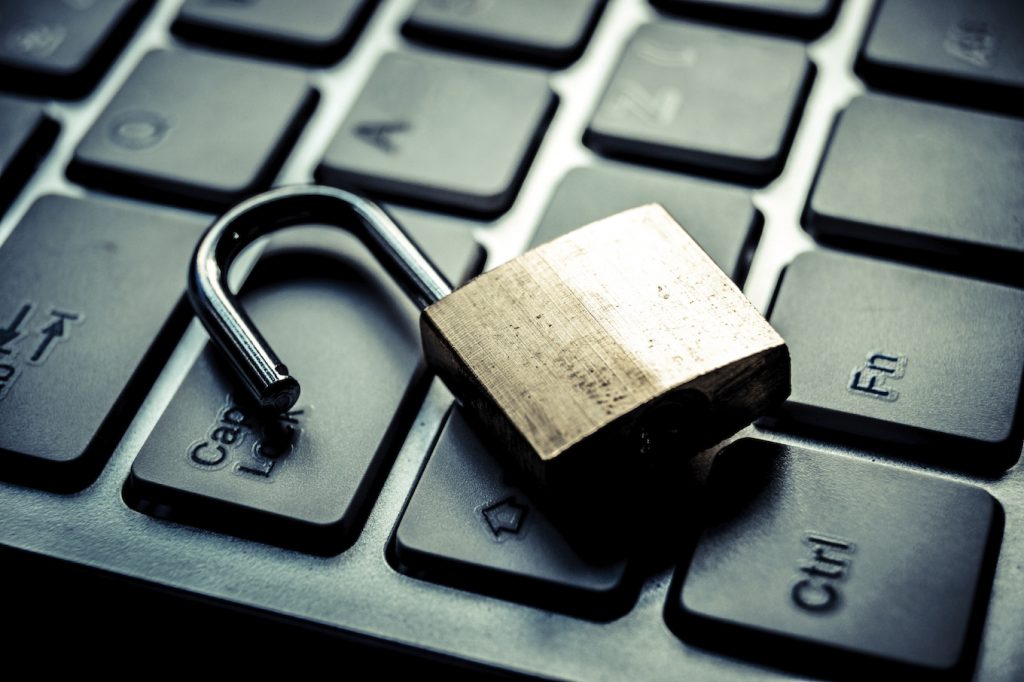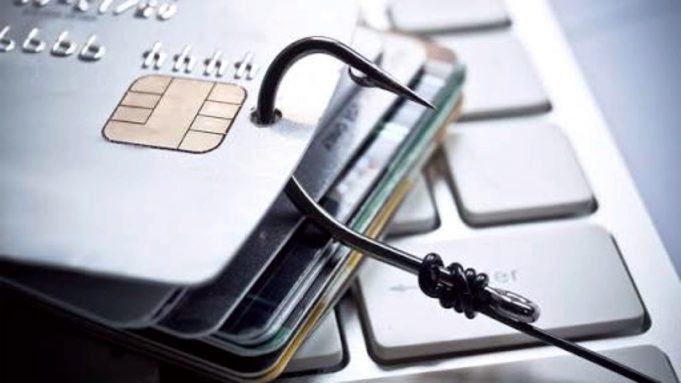We should never underestimate the power of education when it comes to improving our awareness of phishing and other digital security threats. Of course, nobody wants to be a victim of such scams, and there is a good reason that such scams are probably going to continue – since they are successful quite a lot, cybercriminals make massive profits of them. Fortunately for you, there are ways to avoid these scams, and here are some ways that you can protect yourself from phishing:
- Keep informed about phishing techniques – new scams are being developed almost daily. Without knowing these new techniques, you could, in the end, become the victim of one. Always try to stay informed about these scams and by finding out new things about them, the possibility of you getting scammed, gets lower.

- Think about your click – of course, it is fine to click on links when you are visiting websites that you trust. However, if you really want to learn how to protect against phishing, then you should not click on links that appear in random messages or emails. Do these links actually lead to where they are supposed to? When you are in doubt, you should directly go to the source. It is better than clicking on a link that might be dangerous.
- Install an anti-phishing toolbar – most Internet browsers can be updated with an anti-phishing toolbar. These toolbars run checks on the websites that you visit and then they compare them to a list of known phishing websites. If you are on a dangerous sire, the toolbar will instantly alert you about it. This is just one more thing that you could do in order to protect from phishing.

- Verify a site’s security – it is natural to be wary about giving financial information online. As long as you are on a secure website, you should not be afraid of getting yourself in some trouble. Before giving away any information, make sure that the URL of the website starts with “https” and there should be an icon of a lock close to the address bar. Never download something from emails or sites that look dangerous. If you buy something from dangerous websites, the credit card you used can be accessed by cybercriminals.
- Check your online accounts often – if you do not visit your accounts for some time, someone could have a fun day with it. Even if you do not have a need to visit it, make sure that you check in with your online accounts on a regular basis. Also, you could try changing your passwords from time to time. According to www.phishprotection.com, in order to prevent bank phishing and credit card scams, check your bank statement regularly.

- Keep your browser updated – new security patches are released for popular browser all the time. Their release is connected to loopholes in security that hackers and phishers discover and then use. If you usually ignore the messages you get to update your browser, you need to stop right away. As soon as an update is available, download it and install it.
- Use firewalls – firewalls actually act like buffers between your computer, you, and people on the outside who might be trying to harm you. You should use two kinds of firewalls, a desktop, and a network firewall. The first one is a software and the second one is a hardware. When they are used together, you will be decreasing the chances of hackers and phishers attacking your network or computer.

Conclusion
These are some things that you could do in order to avoid being a victim of phisher attacks and by following them, you can make sure that you will never become a victim of such attacks.









